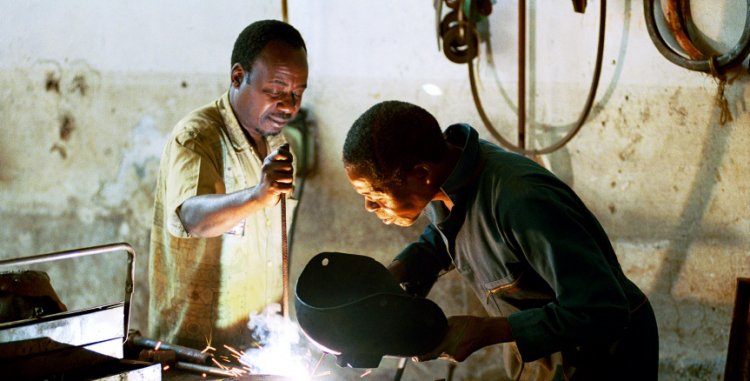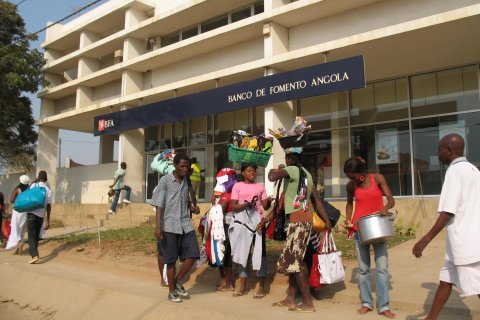"The impact of the multiple crises, the slowdown in economic growth and the depreciation of exchange rates is widening the budget deficits in many countries in the region and highlighting the pre-existing vulnerabilities", reads the statement by the Executive Director of the IMF and the president of the African group, the Prime Minister of Cape Verde.
"The debt-to-GDP ratio is now, on average, above 60 percent, a level last recorded in the early 2000s, which raises concerns about debt sustainability in many countries," it reads. in the statement signed by Kristalina Georgieva and Olavo Correia, in which it is noted that "nearly two thirds of low-income countries in the region are at high risk or already in a situation of over-indebtedness [debt distress, in the original in English] in 2022".
The statement by this group of 12 African countries, the 'African Caucus', which includes Angola and Cape Verde, among others, comes at the end of the Spring Meetings of the IMF and the World Bank, which took place last week in Washington, within the of which the IMF revised its sub-Saharan Africa growth forecast to 3.6 percent this year.
"The Group reiterated the need to address debt vulnerabilities and continue to strengthen the global debt resolution architecture, including through improvements to the Common Debt Dealing Framework", the instrument created following the Suspension of Service Initiative (DSSI), created at the beginning of the covid-19 pandemic, in 2020, to give countries budgetary space to combat the economic and health effects of the pandemic.
The Round Table on Global Sovereign Debt was the next step, also bringing China, one of the main creditors of African countries, into discussions on how to restructure the debt of the many African countries with no margin to invest in economic development and mitigation of effects of climate change.
"Macroeconomic imbalances have become more prominent; depreciating exchange rates, rising interest rates worldwide and high interest rates on sovereign debt have made financing more expensive or even unaffordable, which, together with the decline of official aid budgets and reduced investment flows, left the region faced with a severe financing squeeze", adds the IMF and African countries, advocating more private sector investment in mitigating the effects of climate change and more concessional financing.
The IMF estimates for 2023 for Portuguese-speaking African Countries (PALOP) announced on Friday regarding the ratio of public debt versus Gross Domestic Product (GDP) indicate that Cape Verde is the most indebted country (120.2 per percent), followed by Mozambique (102.8 percent), Guinea-Bissau (76.5 percent), Angola (63.3 percent), São Tomé and Príncipe (54.8 percent) and Equatorial Guinea ( 26.4 percent).







